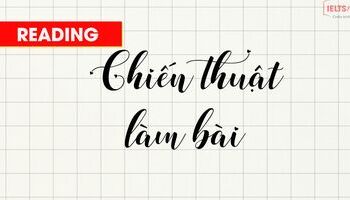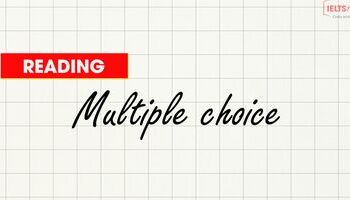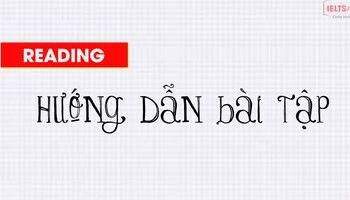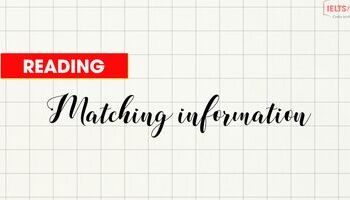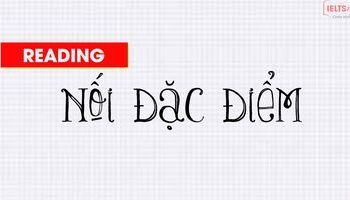Cuối tuần bạn làm gì, thích làm gì... thì trong Speaking sẽ hỏi thế nào? Trả lời ra sao? Cùng xem một số câu hỏi Speaking chủ đề weekends nhé. Bổ sung thêm chủ đề week tham khảo bên dưới nữa nha.

Speaking part 1 - Weekends
Câu hỏi How do you usually spend your weekends? [Why?]
♦ Gợi ý: Người nói trả lời về việc mình dành cuối tuần để làm gì. Nếu trả lời một hành động cho tất cả các cuối tuần thì có vẻ khá nhàm chán, thay vào đấy người nói có thể trả lời rằng việc này phụ thuộc. Và kể ra một vài ví dụ.
♦ Bài mẫu: Well, it depends on if I have any special plans or not. For example, last weekend I went to visit a friend for the weekend and while that’s not a usual weekend, nearly every other weekend I try to go out and do something different, either with friends, family or even by myself. But a normal weekend when I have nothing particular planned would revolve around my family and just being at home relaxing.
♦ Từ vựng: Depend on, special plans, usual, by myself, revolve, go to the gym, go to the spa, attend seminars, go shopping, window shopping, play games, go to the cinema, travel, enjoy, relax
Câu hỏi Which is your favourite part of the weekend? [Why?]
♦ Gợi ý: Người nói trả lời về phần yêu thích nhất của mình trong dịp cuối tuần. Phần yêu thích nhất ở đây có thể được hiểu là hoạt động mình thích làm nhất trong số những hoạt động cuối tuần.
♦ Bài mẫu: Really, I don’t have a favourite part as in Saturday or Sunday or morning or night time. I guess I like having big meals with my family at weekends which we don’t always manage to do during the week, so that’s nice, but overall I enjoy all of the weekend and just being around my family.
♦ Từ vựng: Favourite, activity, dine, have big meals, go to the restaurant, manage to do, try to do, overall, enjoy, family gathering, coffee shop, chat, meet friends, prepare meals, share things, take part in club activities, …
Câu hỏi Do you think your weekends are long enough? [Why/Why not?]
♦ Gợi ý: Đây là dạng câu hỏi Yes/ No questions. Người nói trả lời Yes/ No trước, sau đó giải thích kỹ hơn câu trả lời của mình. Có thể người nói không thật sự quá quan trọng vấn đề này, và dù sao nó cũng chẳng thay đổi gì cả, lúc nào cũng là 2 ngày. Người nói có thể cho rằng thời gian như thế là đủ cho mình để làm một số việc.
♦ Bài mẫu: In general, yes, I mean it’s not something that is probably going to change so I’ve never really considered if two days are long enough or not. It’s always been two days. I feel that it’s time enough to have a break in your routine from during the week, and it’s also enough time to do things like traveling and visiting other places.
♦ Từ vựng: In general, in particular, enough, break, routine, travel, visit, friend, relative, should be longer, recreate, productivity, mentally, phycially, stress, pressure, tension…
Câu hỏi How important do you think it is to have free time at the weekends? [Why?]
♦ Gợi ý: Người nói được hỏi rằng to have free time (có thời gian rảnh/ nghỉ ngơi) quan trọng như thế nào. Như vậy đầu tiên cần trả lời về tầm quan trọng của vấn đề này. Liệu rằng rất quan trọng, hay khá quan trọng, hay không quan trọng. Và nếu cho rằng quan trọng, thì giải thích tại sao nó quan trọng. Và có thể có free time vào lúc nào.
♦ Bài mẫu: Having enough free time is very important for overall wellbeing and balance in life, but it doesn’t necessarily all have to be at the weekends, it’s just that for most people it’s the case that the weekends are the time when they have most of their free time because they’re so busy during the week.
♦ Từ vựng: Important, crucial, essential, wellbeing, balance, health, mental, reduce, relieve, stress, tension, relax, enjoy, have fun, …
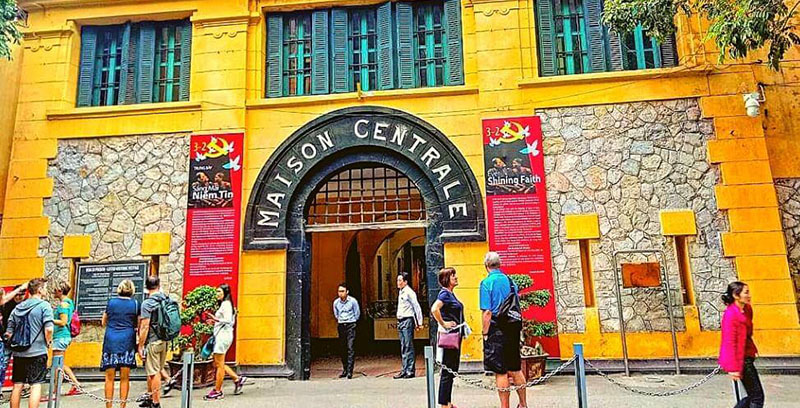
Speaking part 1 - Week
Mở rộng ngoài cuối tuần thì trong tuần bạn thích ngày nào, bạn làm gì...với những câu tham khảo dưới đây nữa các bạn nhé.
♦ What is your favourite day of week?
Well, it's hard to choose just one, but if I have to pick, I would say Saturday is definitely my top pick. I mean, universally, it's a day when people can relax, catch up on hobbies or activities they enjoy, and spend quality time with friends and family.
♦ Describe your typical daily routine.
My typical daily routine starts with waking up early, doing light exercises or stretching, and having a healthy breakfast. I then proceed to work or attend classes, where I engage in various tasks related to my profession or studies. After that, I usually take a break for lunch, during which I try to get some fresh air or relax for a short while. The rest of the day is spent continuing with work or studies, engaging in any extracurricular activities, and ensuring I have some personal time for relaxation or pursuing my hobbies.
♦ What do you usually do at this time of day?
(Morning or afternoon, student) Well, I would say I am usually focused on work or studies. I may be actively engaged in tasks related to my profession or academic commitments, such as researching, drafting reports, attending meetings or lectures, or collaborating with colleagues or classmates.
(Morning or afternoon, worker) Well, definitely in my office working on tasks of my job. Those duties may include drafting reports, attending meetings, or collaborating with colleagues. They are quite repetitive and stressful but I am used to pulling through the day.
♦ What do you do on weekends?
I must say I would definitely take the opportunity to unwind and enjoy some leisure time. I would engage in various activities, such as going for outdoor activities like sports, spending quality time with loved ones and friends, catching up on reading or watching movies, or pursuing my hobbies like reading or gardening.
♦ Do you like weekends?
Of course, it is undeniable that I always long for the weekends as they provide a break from the usual routine. It's a time to recharge, relax, and engage in activities that bring joy and happiness. Weekends offer the chance to create memorable experiences and spend quality time with loved ones.
Trên đây là những bài mẫu về Week, weekends trong IELTS Speaking, các bạn cùng tham khảo và luyện tập nhé.
Cùng xem thêm bài học hay:
IELTS Speaking topic Childhood
IELTS Speaking Describe an event

